Why most of Switzerland’s prisoners are not Swiss
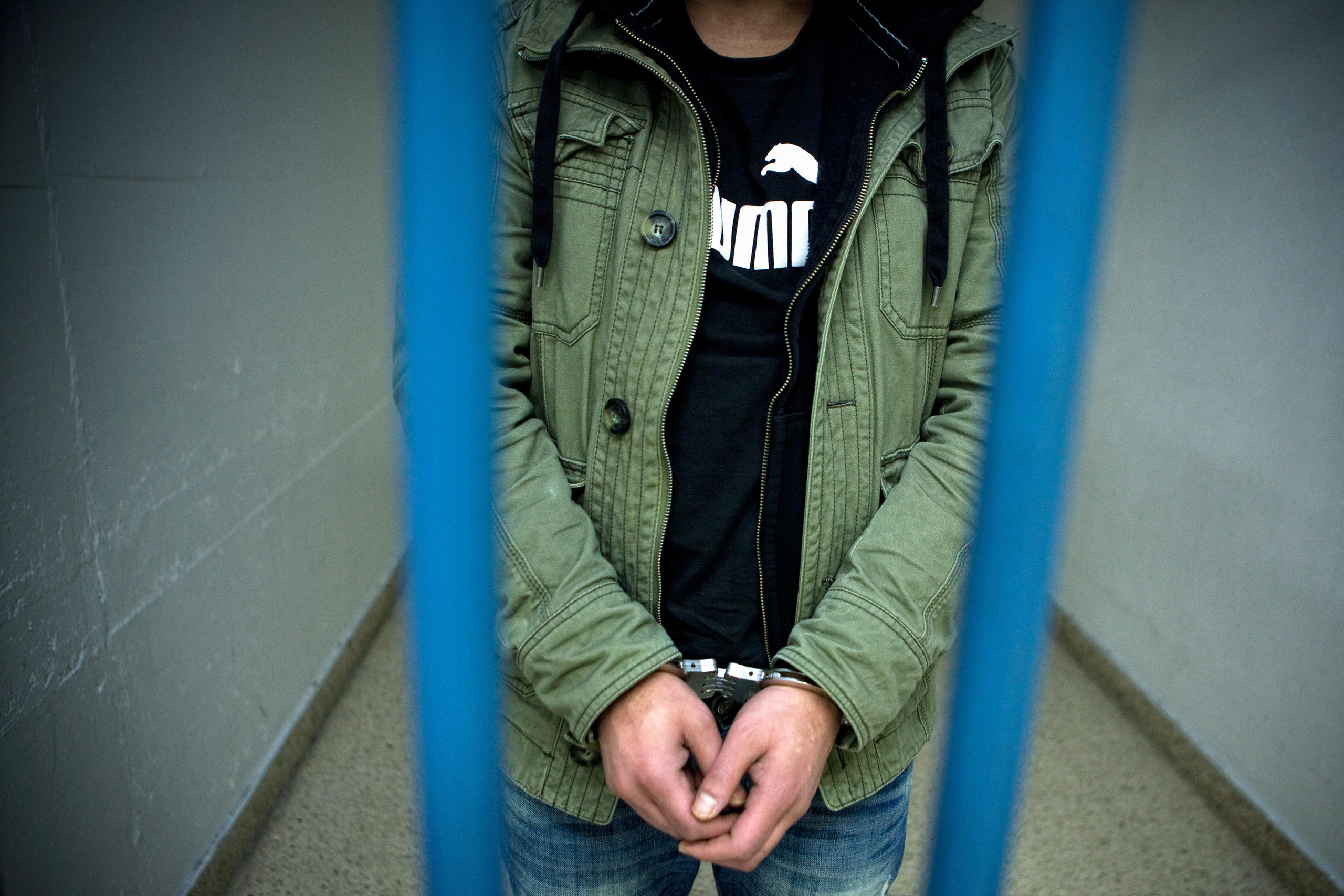
Almost three-quarters of all detainees in Swiss prisons are of foreign origin, according to a recent Council of Europe study. One of the authors explains the factors behind the statistics.
In Europe, on average 15.9% of detainees are foreigners; in Switzerland the figure stands at 71.4%, according to a recent study on prisons in EuropeExternal link by Marcelo Aebi and Mélanie M. Tiago of the University of Lausanne, commissioned by the Council of Europe.
As the graphic below shows, the figures for northern and western Europe are much higher than for central and eastern Europe.
The first four countries in terms of foreign detainees have very small populations: Monaco (39,000 residents) Andorra (80,000), Liechtenstein (38,000) and Luxembourg (600,000). Among countries with over one million inhabitants, Switzerland ranks first.
After Luxembourg, Switzerland has one of the highest percentages of foreign residents in Europe: 25.1% in 2017, or 2.1 million people.
“Almost three out of every 10 residents in Switzerland are people of foreign origin who have settled here legally and who are law-abiding just like the rest of the population,” says Aebi, noting that this point in the statistics must be clarified to avoid speculation about foreigners committing crimes.
Out of the total prison population of 6,863 people in 2017, 49.3% were legal residents (Swiss and non-Swiss), 9.6% were asylum seekers and 41.1% were classified “other foreigners (including foreigners of unknown status)”.
According to the Federal Statistical Office, this last category covers “foreigners with no fixed residence in Switzerland, cross-border workers with a G permit, undocumented migrants and tourists”.
Foreigners with no fixed abode in Switzerland represent 34% of the prison population. In pre-trial detention, they were 49% of all inmates.
Cantons Zurich, Geneva and Vaud are the main cantons for pre-trial detention in Switzerland (48% of all Swiss cases).
In Geneva, 95% of people remanded in custody are male and 70% are under 35 years old. Among detainees with no fixed abode in Switzerland, the highest percentages are people from Africa and the Balkans region (71% in 2014), followed by people from other parts of Europe, America and the Middle East.
PLACEHOLDER
“In Vaud and Zurich things are not very different. Many end up in custody because they are accused of committing other crimes as well as violations of the Aliens Act. Since they do not have a stable situation in Switzerland, they are detained until they are prosecuted to prevent their possible flight,” says Aebi.
Added to this group are undocumented migrants, who live and work illegally in Switzerland until they are uncovered by the authorities.
Then there are those who enter Switzerland from neighbouring countries France, Germany or Italy, as well as from Romania, Algeria and Albania, simply to commit crimes.
“Swiss people enjoy high purchasing power. The country is therefore an interesting potential market for drugs produced abroad. People also have lots of valuables that could be stolen and resold abroad,” says Aebi.
“Foreign prisoners who are not legally residing in Switzerland are often held in custody until their trial and are expelled from the country after sentencing, in contrast to national prisoners who, if the offence is not very serious, are usually released on probation until their trial”.
The criminologist stresses that the crimes resulting in prison sentences in Switzerland tend to be quite serious in nature.
“Approximately 11% of prison sentences are for murder, 15% for drug trafficking, 20% for crimes against property and more than 10% for sexual assault. When sentencing, the defendant’s origin makes no difference for Swiss judges,” he says.
PLACEHOLDER
Located in the centre of Western Europe, Switzerland is extremely well connected with its neighbours. The Swiss are also among the wealthiest people in the world.
“Because of this wealth, Switzerland is also an important drug market. Customers have a high purchasing power – much higher than in neighbouring countries,” Aebi points out.
Every year, huge amounts of cocaine are consumed in Switzerland – with revenues of around CHF330 million ($330 million) – according to the European Monitoring Centre for Drugs and Drug AddictionExternal link.
Those behind bars in Switzerland are “mostly male, urban and young, regardless of their origin”, Aebi notes. Only 5.5% of the prison population is female.
Aebi adds that since Switzerland’s foreign resident population has doubled since the 1990s, those with a Swiss passport are getting older and foreigners tend to be younger. He sees an indirect impact on crime figures and the prison population, made up mostly of men aged 20 to 50.
According to recent crime statistics, less than 40% of those who committed a crime in Switzerland in 2018 were foreigners.
“In Switzerland, the colour of your passport is not a determining factor when measuring crime levels,” Aebi says. “On the other hand, socio-economic status and level of education are.”
Furthermore, Switzerland has one of the lowest prison populations in Europe: 82 per 100,000 residents.
“We must stop imagining that the situation has got worse,” Aebi says. “Switzerland has low-intensity crime compared to Europe and the rest of the world.”
At the same time, he says more needs to be done to combat the crime that does exist.
In 2010, 52.9% of Swiss voters backed a popular initiative to automatically deport criminals of foreign origin, taking into account basic human rights under the non-refoulement principle.
The law to implement this initiative came into force in October 2016.
For crimes such as murder, grievous bodily harm or fraud, the authorities must deport a foreign defendant for a period of five to 15 years.
Justice Minister Karin Keller-Sutter recently said it is still too early to take stock of the implementation of the initiative and its effects.
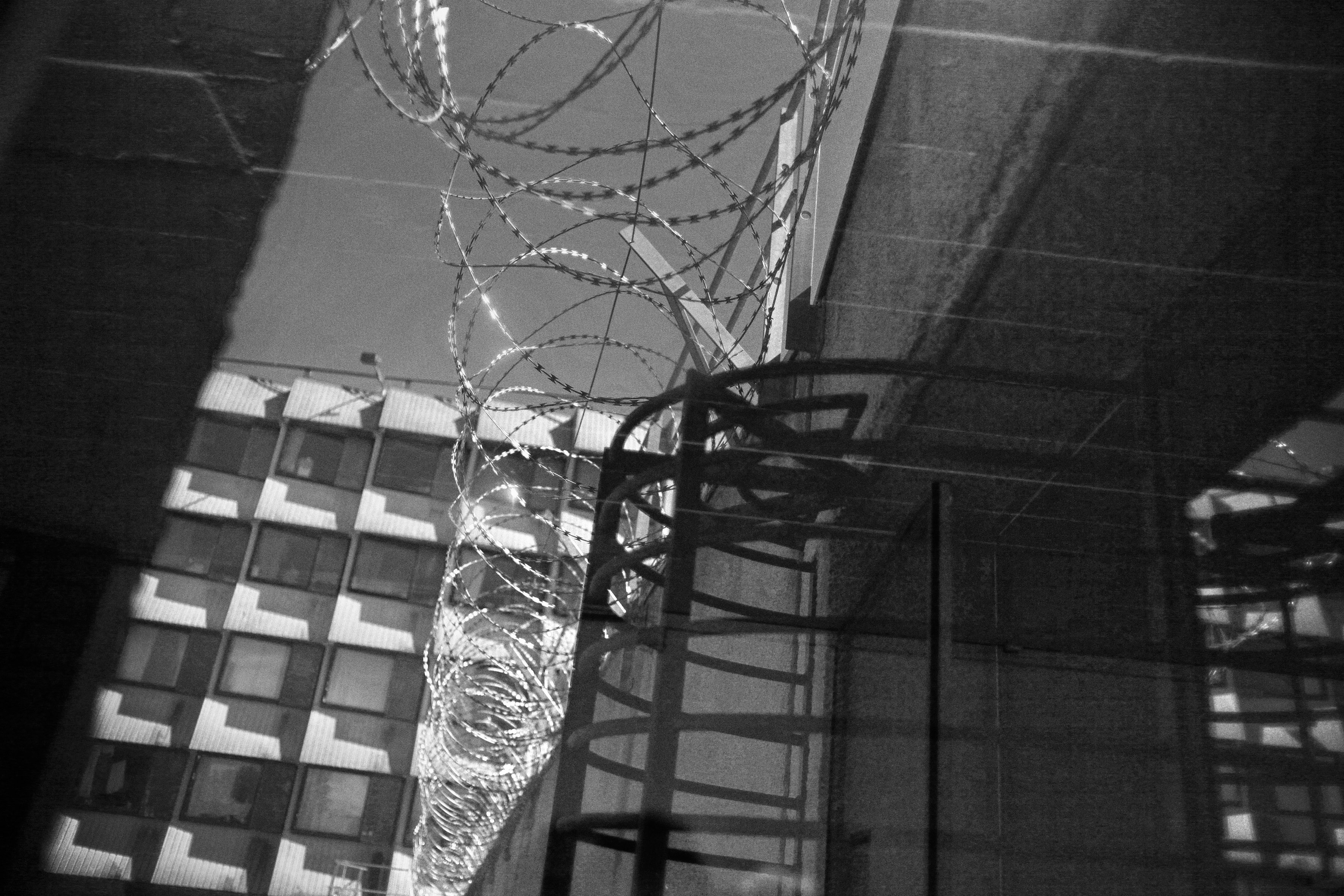
More
Shedding light on the world of prisons
Translated from Spanish by Simon Bradley

In compliance with the JTI standards
More: SWI swissinfo.ch certified by the Journalism Trust Initiative
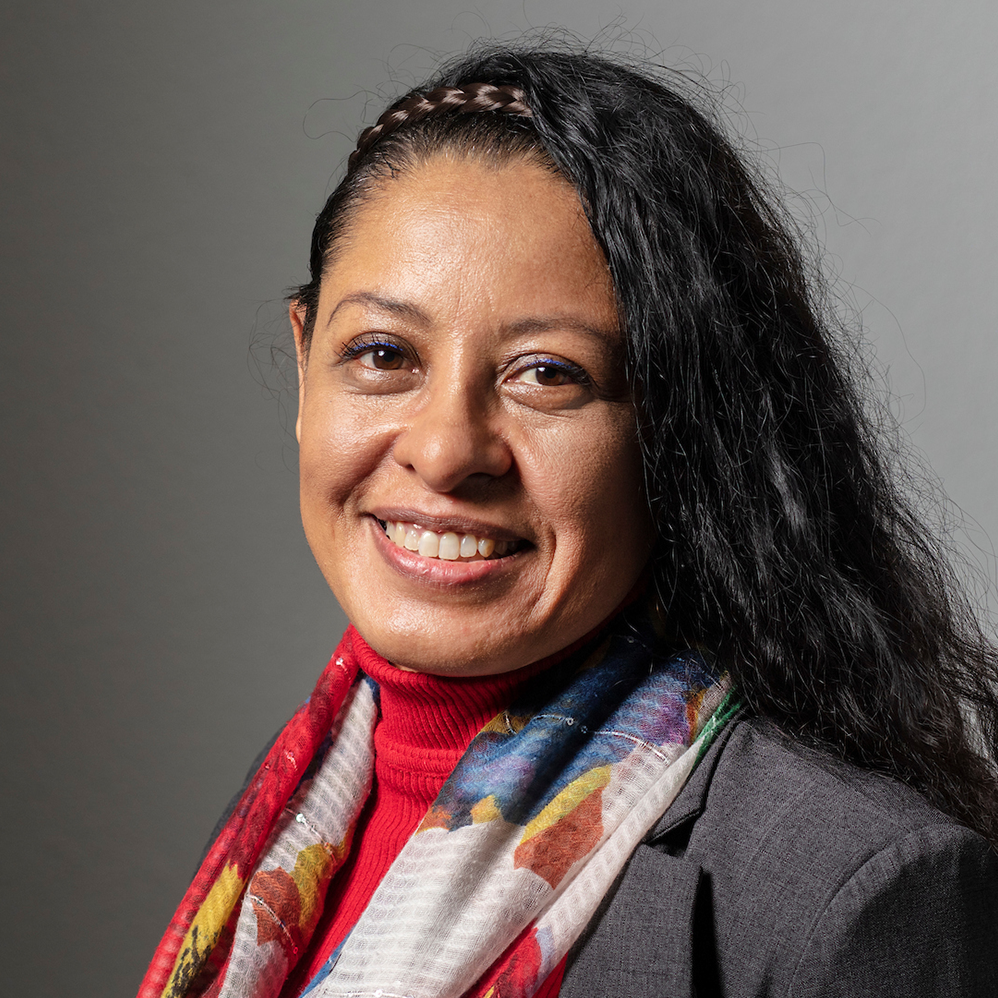
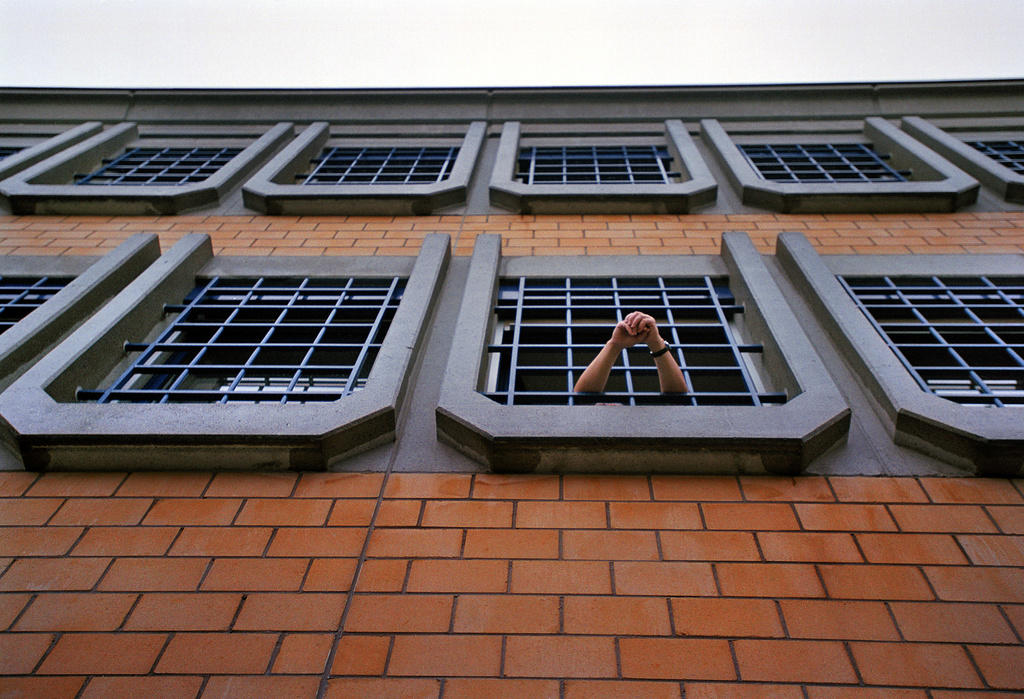
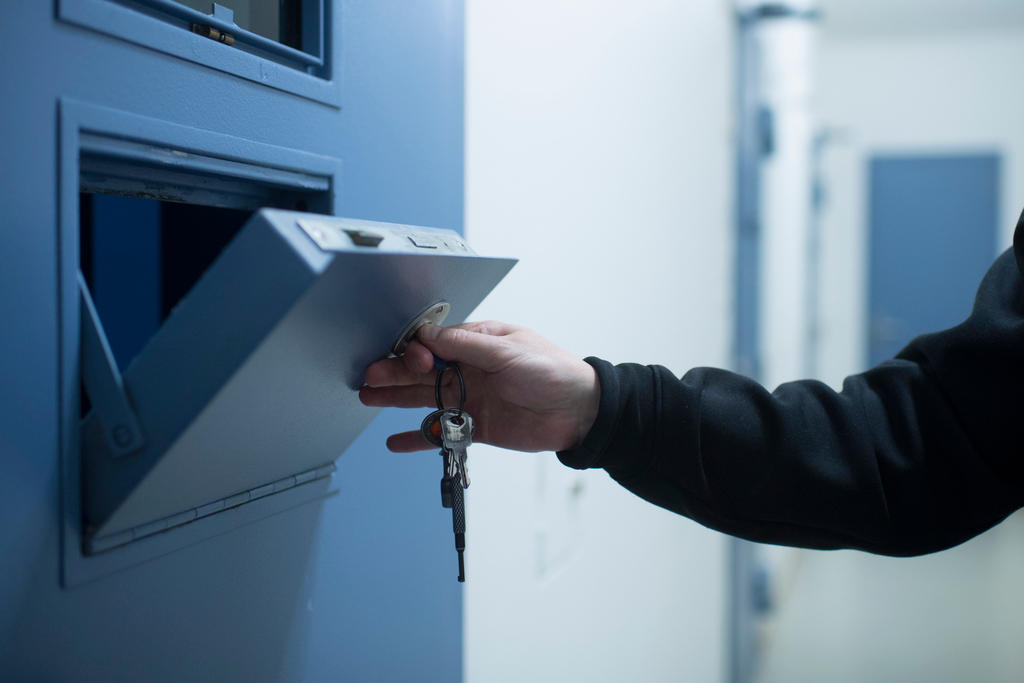
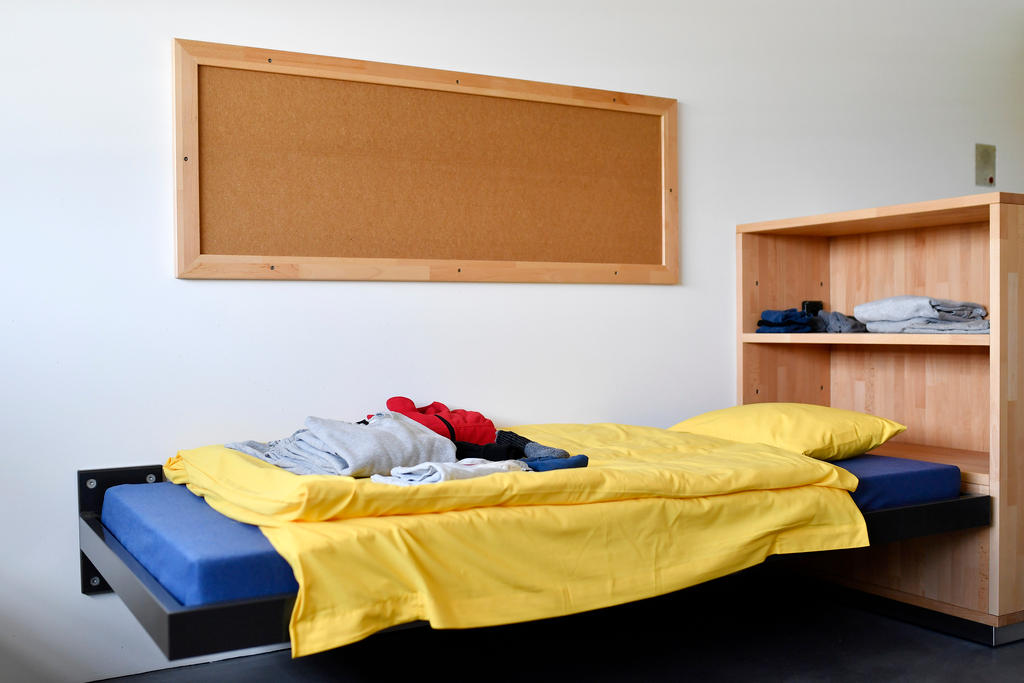
You can find an overview of ongoing debates with our journalists here. Please join us!
If you want to start a conversation about a topic raised in this article or want to report factual errors, email us at english@swissinfo.ch.